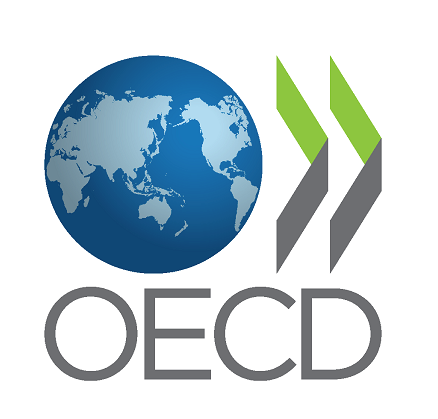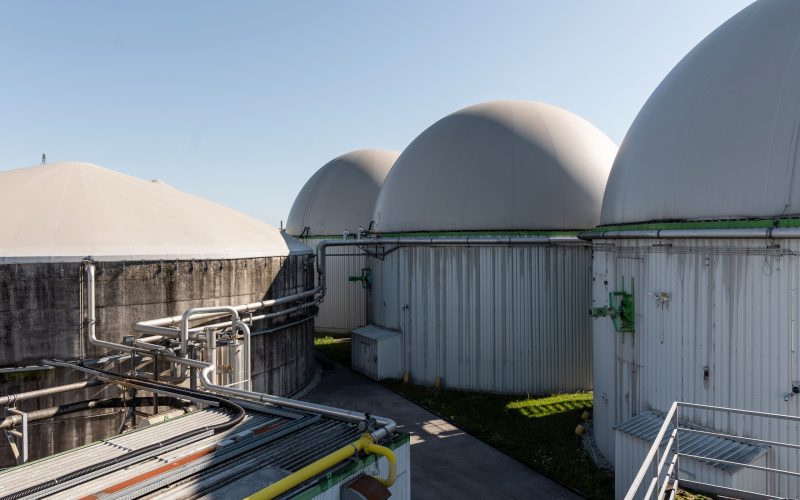Abandon russian fossil fuels and invest in RES and energy saving — OECD position

The Organization for Economic Co-operation and Development (OECD), which represents 38 developed countries and operates in more than 100 countries, has provided an initial assessment of the economic, social, and policy implications of Ukraine’s war.
«The war has shown the importance of minimizing dependence on russia for key imports, diversifying energy sources, and accelerating the abandonment of fossil fuels by investing more in renewable energy sources,» — the assessment said.
The EU relies heavily on Russia for energy supplies. 27% of EU oil imports, 41% of natural gas imports and 47% of solid fuel imports come from russia. It will take several years to fully compensate for this dependence and build energy security in Europe, but action must begin.
«In these extreme circumstances faced by the European energy market, I would strongly encourage an open-minded re-examination of current policy settings, including a reassessment of the most appropriate market structure and design – to ensure energy security and affordability, while remaining on track to meet climate objectives,» – OECD Secretary-General Mathias Cormann said.
According to the organization, russia’s war against Ukraine will reduce global growth by more than 1% in 2022 (instead of the previous 4.5% now expect by 3%). It is now clear that the effects of the war on the world economy will be greater than the COVID-19 pandemic.
The global goal now is to ensure the sustainability of our global supply chains, energy, food, and digital security without deviation from our climate goals. It is also important to provide humanitarian support to people affected by the war.
Source: Statement “OECD calls for well-targeted support to the vulnerable as war undermines global recovery”


